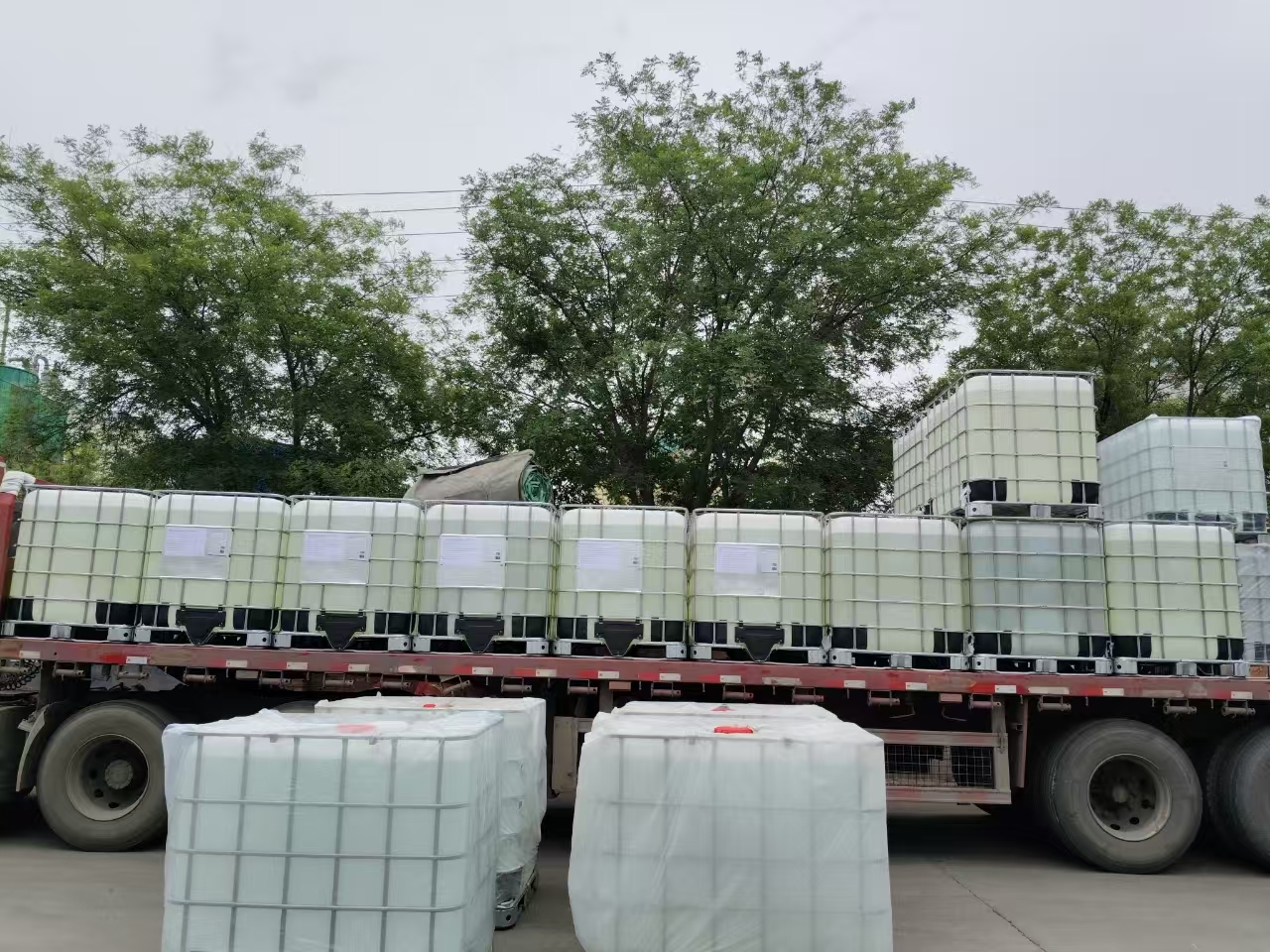Four Core Trends in the Global Chemical Industry and China's Development Path to 2025
Overview of industry trends
In 2025, the global chemical industry will be deeply transformed around four core trends:
Normalization of cost reduction and efficiency: European companies are pressured by energy costs to promote intensive reforms, Chinese companies improve their efficiency
through refining and chemical integration and intelligence, e.g., Wanhua Chemical's AI-optimized process saves 200 million yuan annually.
Accelerated sustainable development: EU CBAM carbon tariff, US IRA act drive green technology investment, China is leading in new energy battery, wind power, but chemical
recycling, CCUS technology still lags behind Europe and the US.
High-end chemical R&D competition: only 2,000 kinds of chemicals are added annually in the world (total 300,000 kinds), China has made breakthroughs in photoresist , lithium materials and other segments, but the
high-end market still relies on imports.
Supply chain resilience construction: geopolitical conflicts have intensified the regionalization of the layout, Chinese enterprises to explore emerging markets through the “Belt
and Road”, and the new energy automobile industry chain has been characterized by regionalization.
China's chemical industry challenges and opportunities
Short-term pressure: macroeconomic downturn, customer bargaining power to enhance the forced business model innovation, the head of enterprises rely on the scale effect to
reduce costs, small and medium-sized enterprises need to turn to customized services (such as customer co-creation model).
Technology bottleneck: 60% dependence on import of high-end materials, insufficient investment in R&D of bio-based, chemical recycling and other green technologies (less
than 3% of revenue, international leaders over 5%).
New incremental market: semiconductor materials (ACC forecast 12% annual growth), smart materials (such as shape memory alloys), net-zero recycling plastics will become a
key breakthrough point.
2025 breakthrough strategy
Technology integration and innovation:
Construct “Chemistry+AI+Materials” interdisciplinary R&D system, accelerate molecular simulation and process optimization.
Focus on CO₂ carbonate, biodegradable polyester and other green technologies with scale advantages.
Supply Chain Double Cycle:
Deepen refining and chemical integration domestically, and lay out raw material bases overseas through mergers and acquisitions (e.g., in Africa and Southeast Asia).Establish
regionalized flexible supply chain to cope with geographic risks.
Differentiated competition path:
Leading enterprises: focus on “necklace” materials such as photovoltaic grade EVA and electronic special gas.
Small and medium-sized enterprises: specializing in niche areas (such as special coatings, medical polymers)
In 2025, China's chemical industry needs to find a balance between “policy dividend (dual-carbon target)” and “market reality (cost-sensitive)”, accelerate the transition to
high-value-added, low-carbon and cultivate new productivity through technological leap (R&D intensity up to 5%), global cooperation (strengthening the layout of emerging
markets), and industrial synergism (building a recycling economy ecosystem).
 Market Spotlight: Rising Deman
Market Spotlight: Rising Deman
 Four Core Trends in the Global
Four Core Trends in the Global


